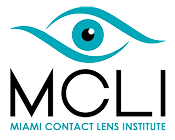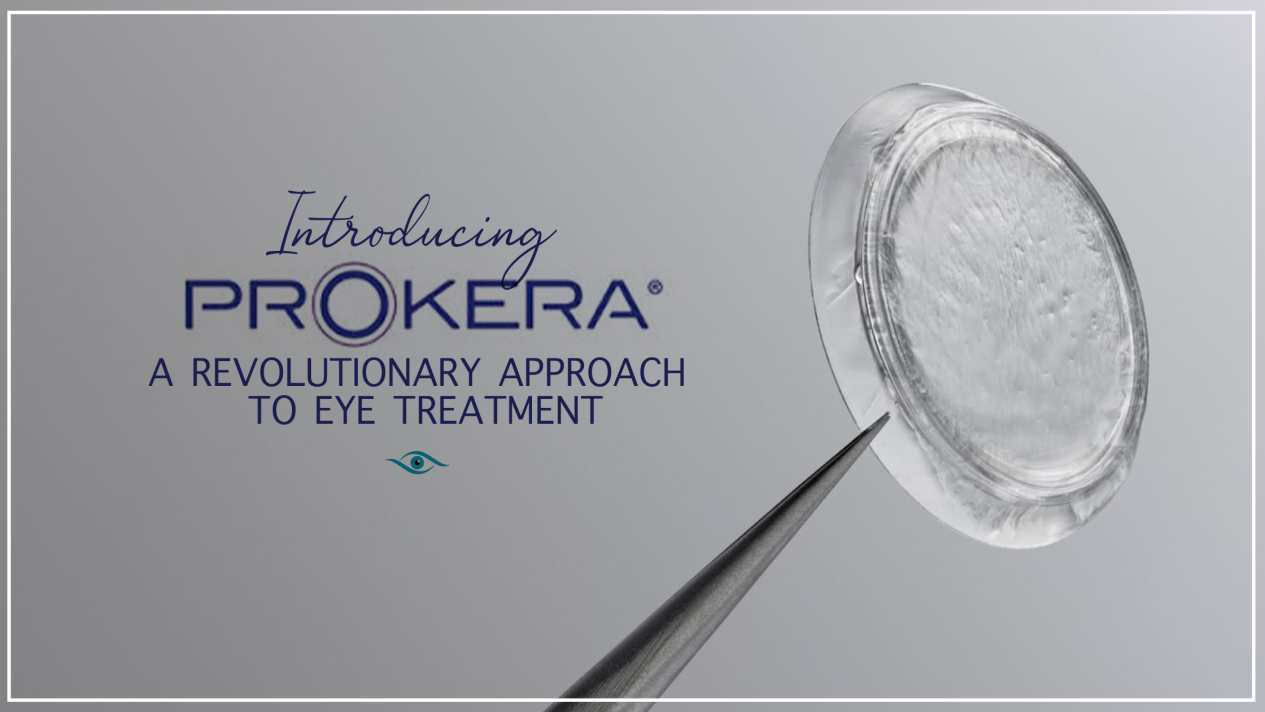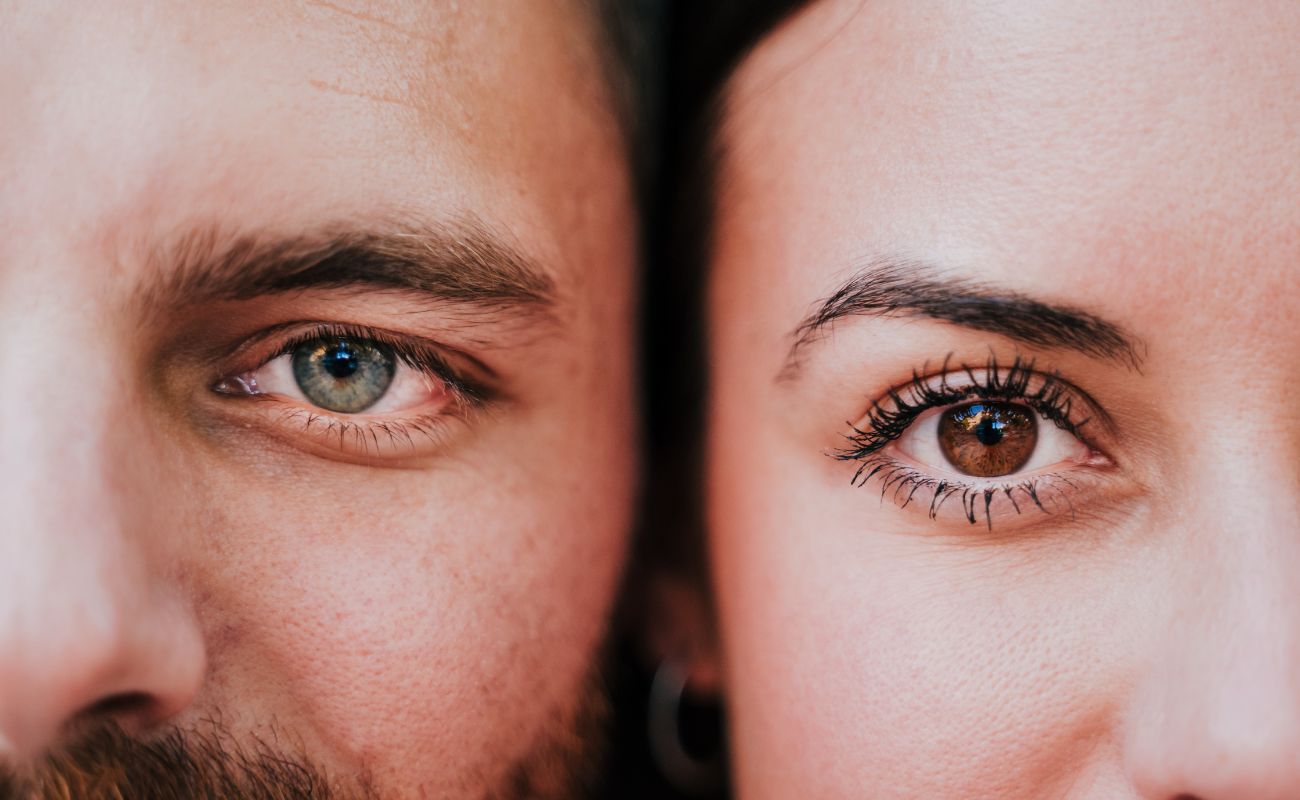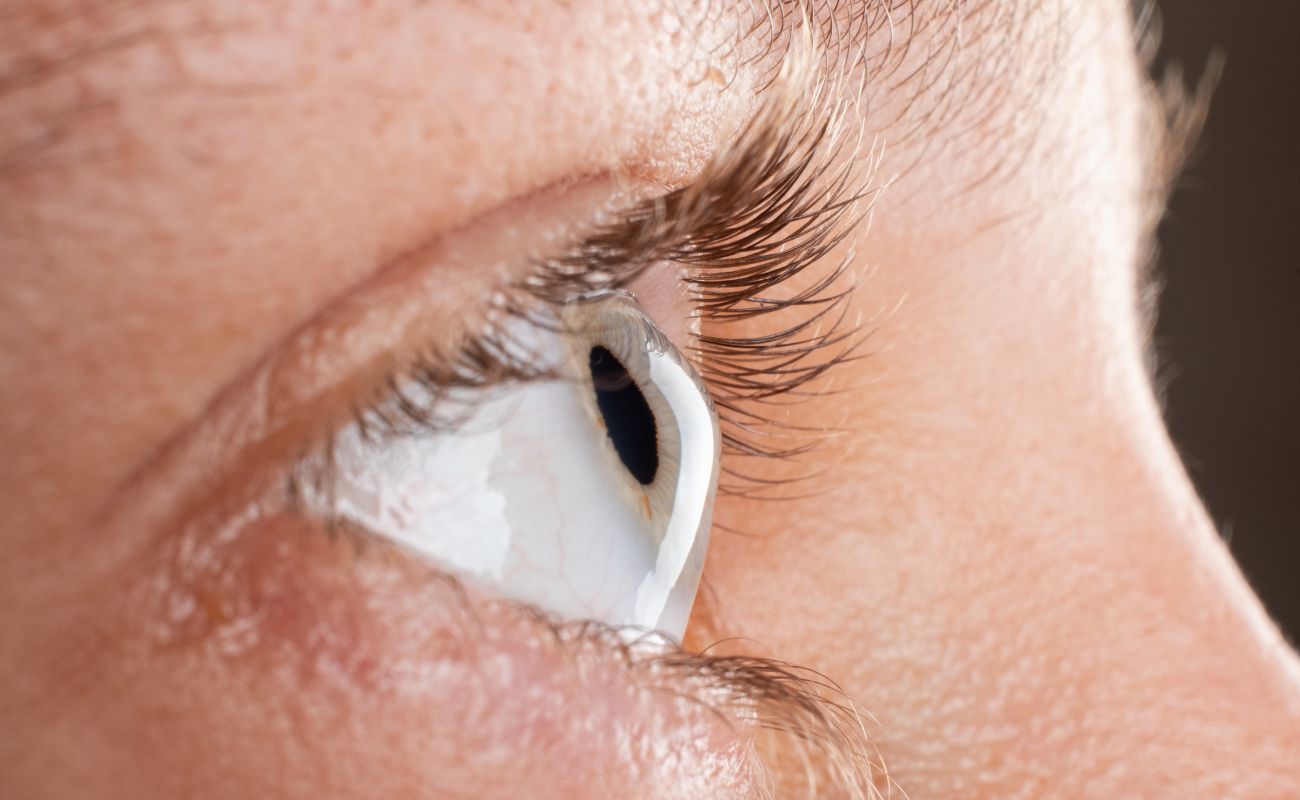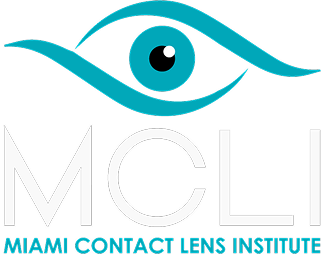Fast and effective treatment is essential to safeguard your vision when dealing with a corneal injury or ocular surface disease. Untreated corneal damage can lead to long-term complications like scarring, infection or vision loss. Timely interventions are critical. With advancements in eyecare, patients can now access specialized ocular therapies like bandage contact lenses and Prokera.These two remarkable treatments offer unique benefits that make them suitable for different stages of healing and types of damage. Understanding the distinctions between the treatments can help you make more informed decisions about your eye health. This blog explores the roles of Prokera and bandage contact lenses. We outline the conditions each option addresses most effectively.
What Is Prokera Eye Treatment?
Prokera is an advanced regenerative treatment that promotes healing on the ocular surface. It is created from donated amniotic membrane and fits directly on the eye like a traditional contact lens. The amniotic membrane is carefully processed and preserved to retain its natural anti-inflammatory properties.Prokera is an FDA-approved, widely used treatment to regenerate healthy cells, reduce inflammation, and minimize scarring. Prokera acts as a protective barrier and biologically active healing support. It’s ideal for complex cases like traumatic ocular injury or persistent epithelial defects. Persistent epithelial defects are corneal injuries that have trouble healing on their own.
What Is a Bandage Contact Lens?
A bandage contact lens is a soft, clear contact lens designed to relieve pain and protect the cornea from external irritants like dust and debris that can cause friction. Bandage lenses are usually worn temporarily while the patient is healing from an injury, illness, or surgery. Patients can wear bandage lenses longer to manage chronic conditions like neurotrophic keratitis.Strict hygiene and regular follow-ups are essential to prevent infections. Bandage lenses require careful monitoring to ensure they remain clean and positioned correctly. Unlike Prokera, which produces growth factors, bandage contact lenses only provide physical protection to shield the cornea while natural healing occurs.
When Are Bandage Contact Lenses Recommended?
The cornea is a sensitive part of the body with a high concentration of pain receptors, so it can cause severe discomfort when damaged. Bandage contacts can minimize the wearer’s pain by protecting the cornea from potential triggers like blinking and environmental irritants.For the cornea to heal, epithelial cells (surface healing cells) need to move from the outer ring of the cornea to the damaged part. Bandage lenses make this movement easier and more comfortable. Bandage contact lenses are particularly effective for superficial abrasions, recurrent corneal erosions, and post-operative care following procedures like LASIK.
What Are The Advantages of Prokera Compared to Bandage Contact Lenses?
Prokera stands out for its unique ability to act as both a protective barrier and a biologically active treatment for the ocular surface. Usually, Prokera is preferred when inflammation and scarring affect healing. Conditions like keratitis, corneal defects, chemical burns, and inflammatory eye disease can benefit from Prokera treatment. Unlike bandage contact lenses, which only protect the cornea, Prokera also actively promotes healing.Prokera reduces inflammation, maintains an ideal healing environment, and aids in restoring a healthy ocular surface. Prokera is a powerful treatment option for complex eye conditions that carry a risk of long-term damage or vision loss. Prokera may cause mild awareness or discomfort due to its larger size. However, the possible healing outcomes with Prokera outweigh the temporary discomfort.
Which Treatment Is Right for My Condition?
The choice between bandage contact lenses and Prokera depends on the severity, cause, and location of your condition. Prokera is typically used for complex cases involving significant inflammation or disrupted healing, while bandage lenses are often best suited for mild abrasions or post-operative care.Your optometrist will evaluate factors like corneal thickness, defect depth, and your response to previous treatments to determine which approach will be best for you. Both Prokera and bandage lenses require close follow-up and proper care to ensure safe and effective healing. Be sure to discuss your lifestyle and medical history with your eyecare practitioner to determine the best option for you.
How Can I Ensure the Best Outcome?
Whether you use Prokera or bandage contact lenses, you must adhere to your eyecare practitioner’s instructions to avoid complications. Attend all your follow-up appointments so we can monitor your healing progress. Immediately inform your optometrist if you experience symptoms like increased pain, redness, or discharge. Take all your prescribed medications, avoid rubbing your eyes, and maintain stringent hygiene to promote a smooth recovery.
Advanced Care for Optimal Recovery
It’s essential to consult with your eye care professional when you experience symptoms like persistent pain, redness, blurred vision or have had an eye injury or surgery. A comprehensive examination will determine the most appropriate treatment to restore your ocular health and comfort.Contact Miami Contact Lens Institute to schedule a consultation so we can help you achieve the best results. Our professional, qualified team has the necessary experience to support you and help you heal quickly and effectively.
